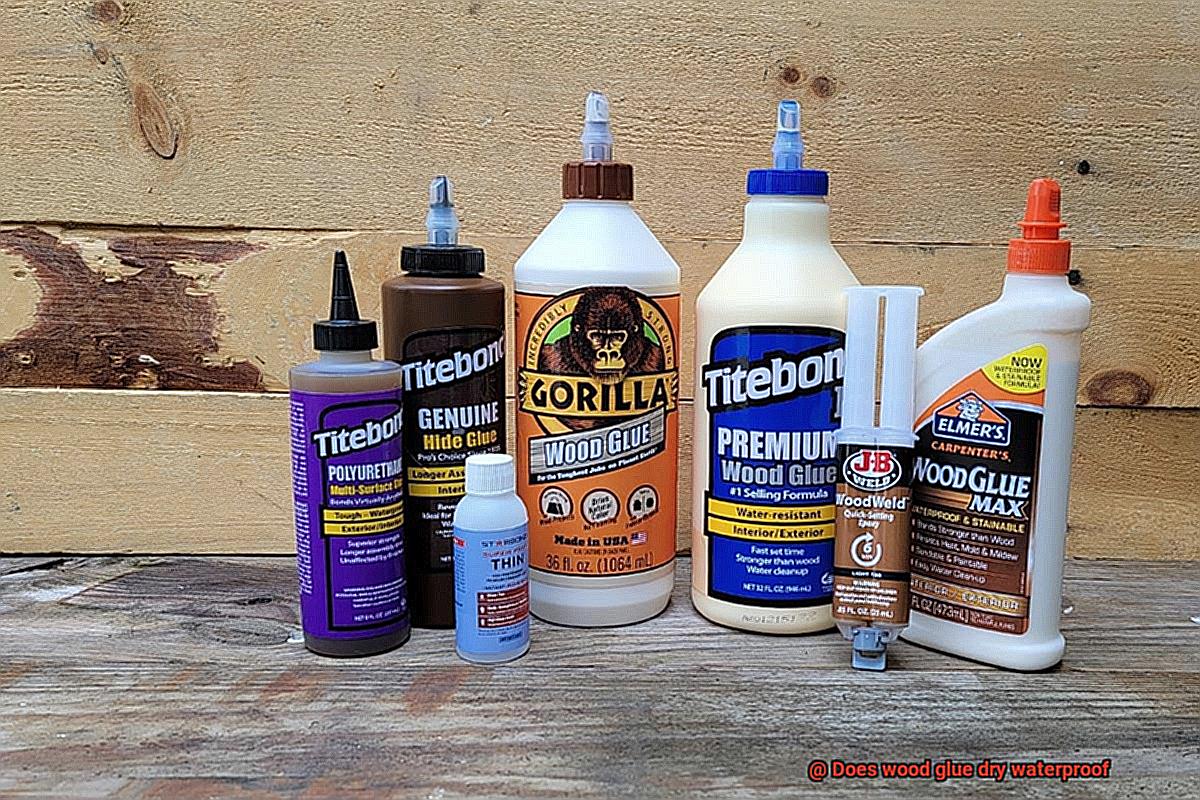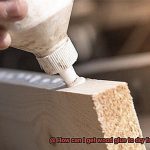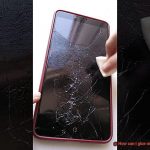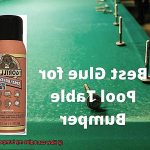Have you ever pondered whether wood glue could create waterproof bonds? Wood glue is a popular adhesive utilized by woodworkers and DIY enthusiasts to quickly and securely bond pieces of wood. However, its capacity to endure water and moisture remains a hot topic of discussion.
As a curious and budget-conscious woodworker, you may be questioning if wood glue – readily available in your local hardware store – could save you from investing in pricey waterproof adhesives. You may also be skeptical of its long-term effectiveness since it’s water-based, not oil-based.
But don’t worry, we’ve dug deep into this topic to bring you some good news. Wood glue can indeed dry waterproof, provided certain conditions are met. In this article, we’ll explore the chemistry behind wood glue and how it dries, factors influencing its waterproof properties, and tips on how to effectively use it for waterproof bonding.
Before reaching for the most expensive waterproof adhesive, let’s see how you can achieve waterproof bonds with wood glue and keep some cash in your pocket.
What is Wood Glue?
Contents
Wood glue is a magical adhesive that binds wood pieces together, creating sturdy and durable structures. It’s specifically designed for use with wood and consists of a combination of chemicals like polymers and resins mixed together to form a strong bond. You can use wood glue in a variety of applications, from creating furniture to building cabinets or any other wooden structure.
There are different types of wood glue available in the market that cater to specific needs. Polyvinyl acetate (PVA) glue is the most commonly used type of wood glue that dries clear and is easy to use. Epoxy glue, on the other hand, is a two-part adhesive that creates an extra-strong bond, making it perfect for heavy-duty applications like outdoor furniture or repairing wooden tools. Polyurethane glue is another popular choice that’s waterproof and suitable for both indoor and outdoor projects.
When using wood glue, always follow the manufacturer’s instructions carefully and ensure that the surfaces to be bonded are clean and dry before application. Some types of wood glue may require clamping or pressure to hold the pieces together while the adhesive dries. Once dry, the bond formed by wood glue is strong enough to withstand stress and strain over time.
In summary, choosing the right type of wood glue for your project is crucial in ensuring its longevity and durability over time. Here’s a quick rundown of the different types of wood glues available:
- PVA – easy to use and dries clear
- Epoxy – extra-strength for heavy-duty applications
- Polyurethane – waterproof for indoor and outdoor projects
Does Wood Glue Dry Waterproof?
The short answer is yes, but not all wood glues are created equal. Let’s dive into the details.
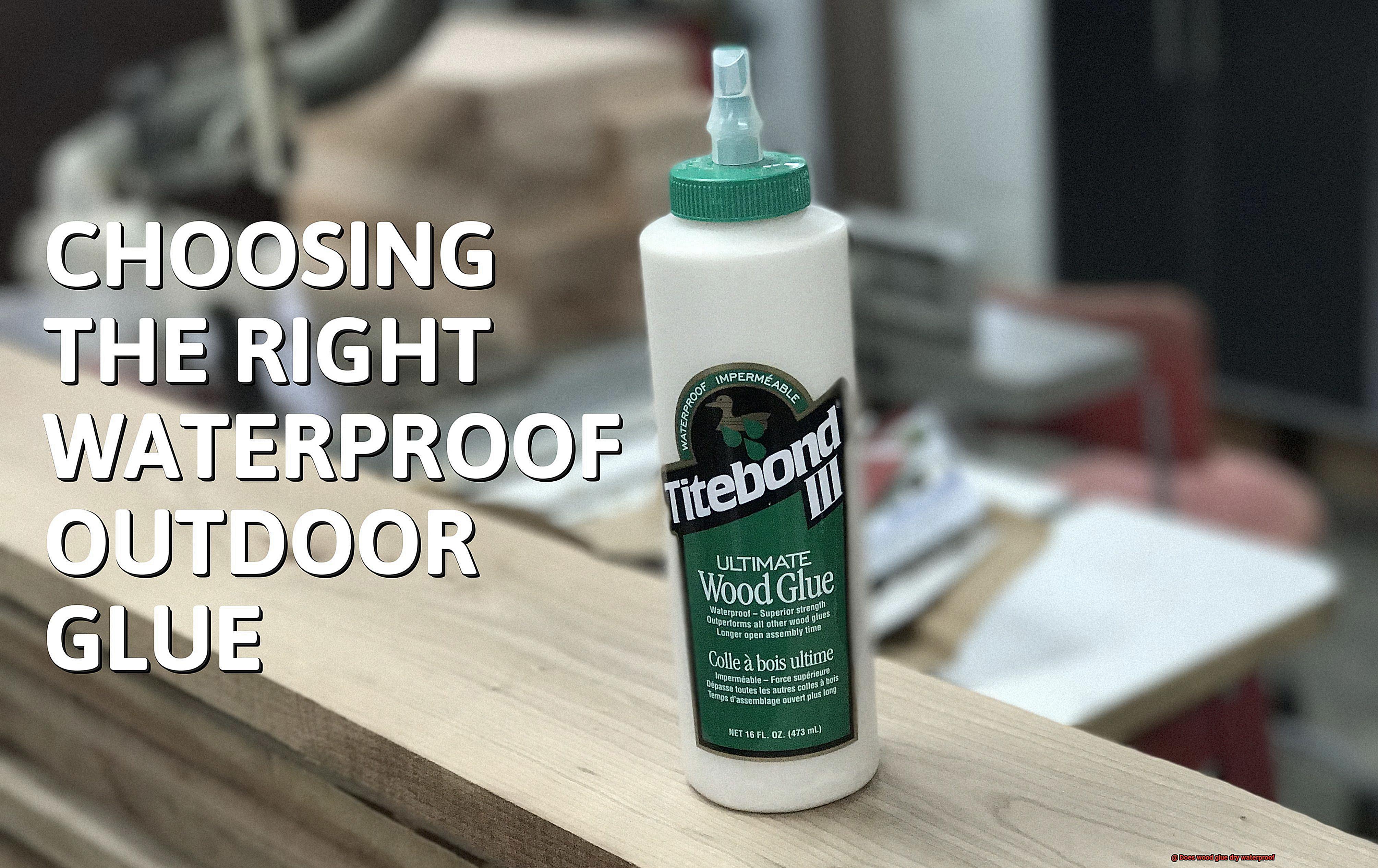
There are two main types of wood glue: PVA and polyurethane. PVA glue is a water-based adhesive that dries clear and cleans up easily with water. It’s ideal for indoor projects and has some water resistance, but it’s not suitable for outdoor use or projects exposed to water.
Polyurethane glue, on the other hand, is a waterproof adhesive that creates a strong and durable bond capable of withstanding exposure to moisture and water. It’s the best option for outdoor projects or anything that will be exposed to water.
But here’s the catch: polyurethane glue can be more challenging to work with than PVA glue. It takes longer to dry and can be messier. However, the benefits of a waterproof bond far outweigh these minor inconveniences.
When choosing a wood glue for your project, it’s essential to consider the level of water resistance needed. If you’re working on an indoor project that won’t be exposed to water, PVA glue is likely your best bet. But if you’re building an outdoor structure or something that will be exposed to moisture, polyurethane glue is the way to go.
It’s important to remember that not all wood glues are suitable for every project. Always read the manufacturer’s instructions and choose the appropriate type of glue for your needs. And don’t forget about safety precautions – wear protective equipment such as gloves and eye protection when working with any type of adhesive.
Types of Wood Glue and Their Properties
There are various types of wood glue available in the market, and each possesses unique properties that make them ideal for specific applications. In this blog post, we will delve into the different types of wood glue and their properties to help you make an informed decision.
PVA Glue
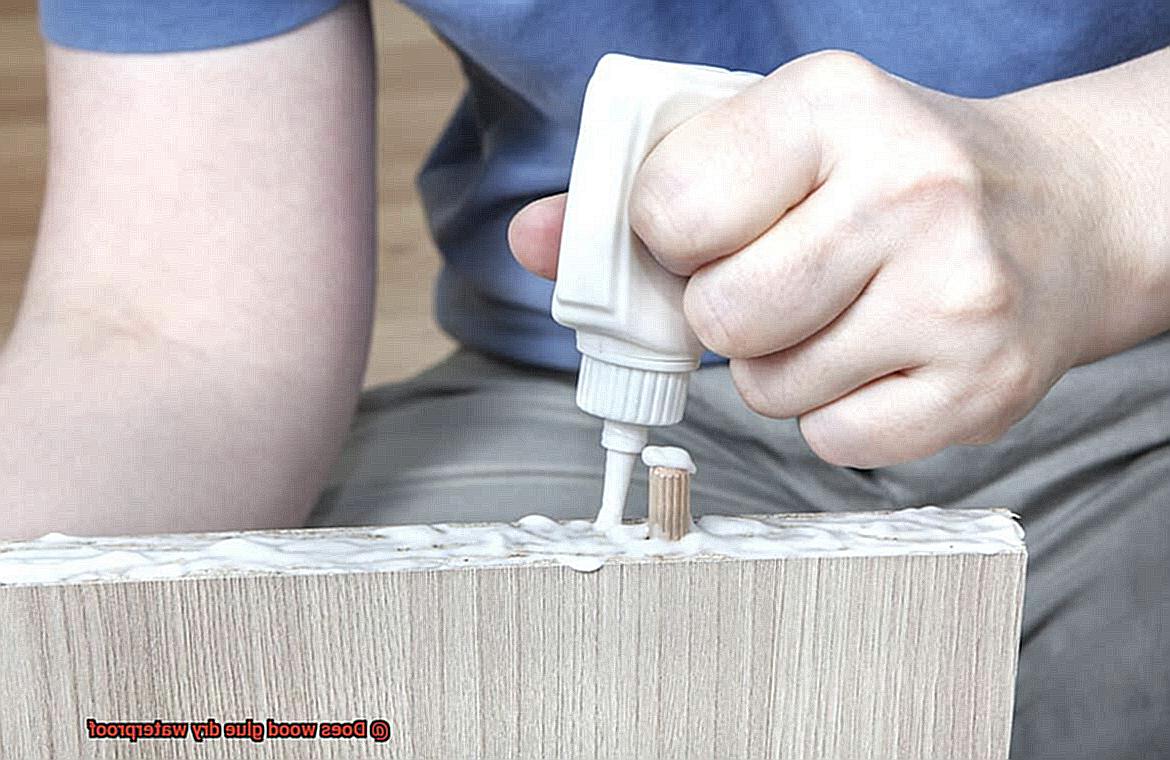
PVA stands for Polyvinyl Acetate, which is a popular type of wood glue among woodworkers. This water-based glue dries clear and is easy to clean up with water. However, it is not waterproof, and prolonged exposure to moisture can cause it to break down over time. PVA glue is ideal for indoor projects that won’t be exposed to water.
Epoxy Glue
Epoxy glue is a two-part adhesive comprising resin and hardener that creates a strong and durable bond. It is waterproof and heat-resistant, making it ideal for outdoor projects or applications that require a strong bond. However, it requires mixing before use and can be challenging to remove if excess glue is applied.
Polyurethane Glue
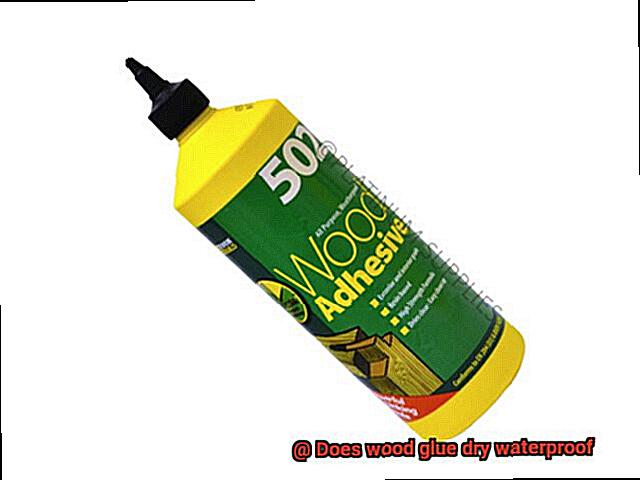
If you’re looking for a versatile adhesive that bonds almost any type of surface, including metal, plastic, and wood, polyurethane glue may be the right choice for you. It creates a strong chemical bond with wood and is waterproof, making it ideal for outdoor projects. However, it can be challenging to work with as it expands as it cures, making it difficult to control the amount needed for a project.
Hide Glue
Hide glue is an ancient type of adhesive made from animal hides or bones. It requires heating before application and creates a strong bond that is reversible, meaning it can be easily undone with heat or moisture. However, it is not waterproof and may break down over time when exposed to moisture.
Cyanoacrylate Glue
Also known as superglue, cyanoacrylate glue is a fast-drying adhesive that works well for small woodworking projects. It is easy to use and cures quickly. However, it may not hold up well over time for larger projects as it can be brittle.
Polyurethane Glues for Water Resistance
When it comes to projects that require exceptional water resistance, polyurethane glue is a game-changer. Made up of polyols and isocyanates, this glue forms a strong bond by reacting with moisture in the air or on the surface of the wood. As an expert in this field, I can tell you that polyurethane glue is a reliable choice for any DIY project.
One of the unique characteristics of polyurethane glue is its versatility. Unlike other types of glue, it can be used on a variety of surfaces, including wood, metal, plastic, and ceramics. This makes it an ideal choice for a wide range of applications, from home repairs to industrial manufacturing.
Another advantage of using polyurethane glue is its resistance to chemicals. This feature makes it a popular choice for industrial applications where exposure to harsh chemicals is common. But what really sets polyurethane glue apart is its durability – it forms a waterproof seal that lasts for years.
When using polyurethane glue for water resistance, there are specific steps you should follow to ensure the best results. Firstly, make sure the wood surface is damp before applying the glue. This will ensure that there is enough moisture for the glue to react with and create a strong bond. Secondly, it’s recommended to clamp the pieces together until the glue has fully cured, which can take up to 24 hours.
Epoxy Glues for Durability and Water Resistance
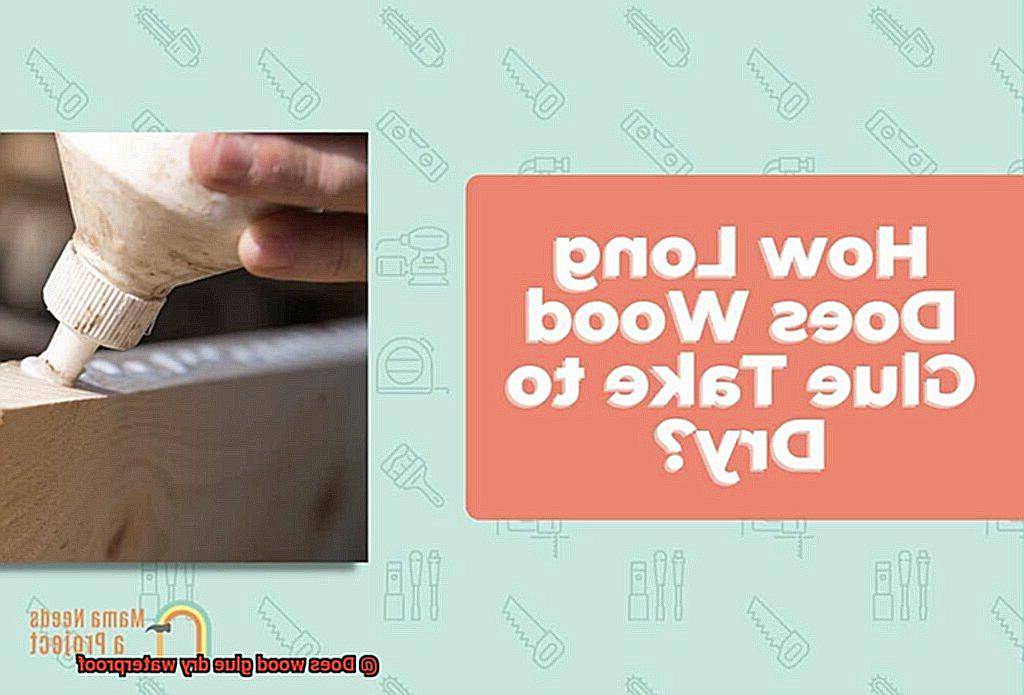
Look no further than epoxy glue. As an expert on the topic of epoxy glues for durability and water resistance, I can confidently say that it is one of the best options for creating long-lasting bonds.
Epoxy glue is a two-component adhesive consisting of a resin and a hardener. Once mixed, it sets quickly to create a strong, waterproof bond that can withstand exposure to water, heat, and chemicals. This adhesive is perfect for outdoor projects or applications where the wood will be exposed to moisture or humidity.
One of the main advantages of using epoxy glue is its exceptional bonding strength. It creates a bond that is incredibly strong and durable, making it suitable for high-stress applications. Whether you are bonding wood to wood or wood to other materials such as metal or plastic, epoxy glue will get the job done.
Another great advantage of using epoxy glue is its versatility. It can be used on a wide range of surfaces, including porous and non-porous materials. Additionally, it can be tinted or colored to match the color of the wood being used, creating a seamless finish.
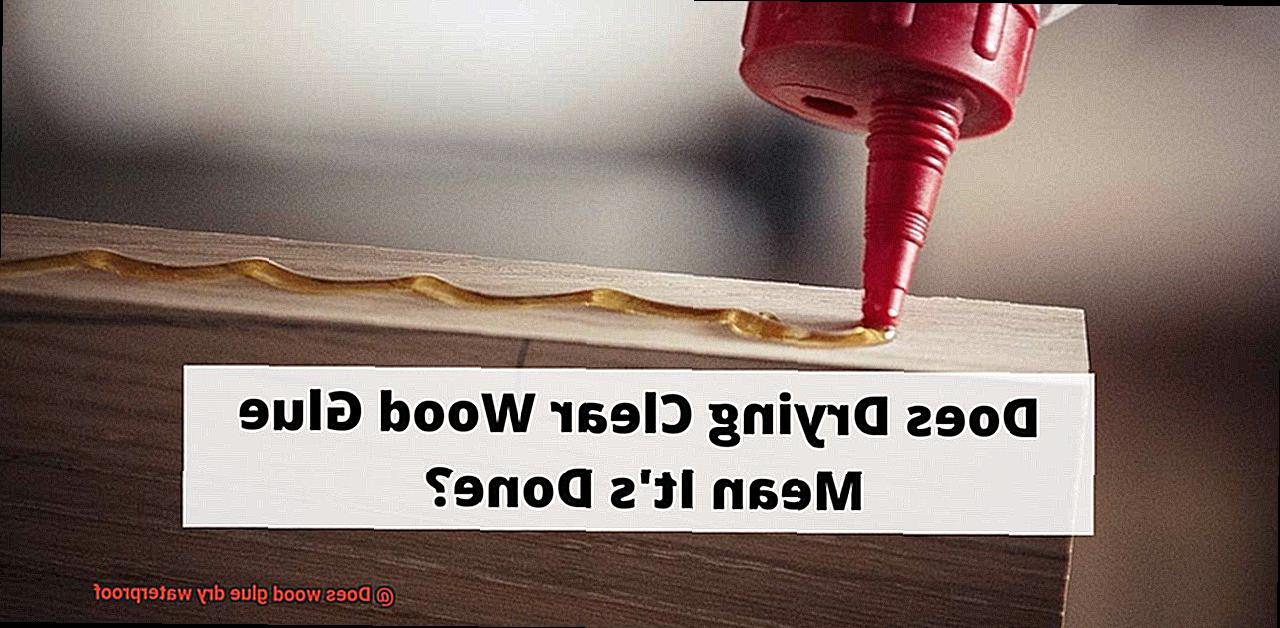
In addition to its strength and versatility, epoxy glue offers superior water resistance. Unlike other types of wood glues that are water-soluble, epoxy glue can withstand exposure to moisture without losing its strength. This makes it ideal for outdoor projects or applications where the wood will be exposed to moisture or humidity.
Let’s summarize the benefits of using epoxy glue:
- Superior bonding strength that can withstand high-stress applications
- Versatility in use on various surfaces including porous and non-porous materials
- Ability to tint or color-match for a seamless finish
- Exceptional water resistance for outdoor projects or applications exposed to moisture
Traditional PVA Glues Not Recommended for Wet Environments
Traditional PVA (polyvinyl acetate) glues may be popular for their strong bonding capability, but they may not be the best option for projects that will be exposed to moisture or wet environments.
Why is that, you may ask? Traditional PVA glues are water-soluble. When applied to wood, they form a strong adhesive bond that dries clear and hard over time. However, when exposed to water, they can soften and lose their bonding strength. This can be a huge issue in outdoor or high-moisture environments where wood may be exposed to rain or other forms of moisture.
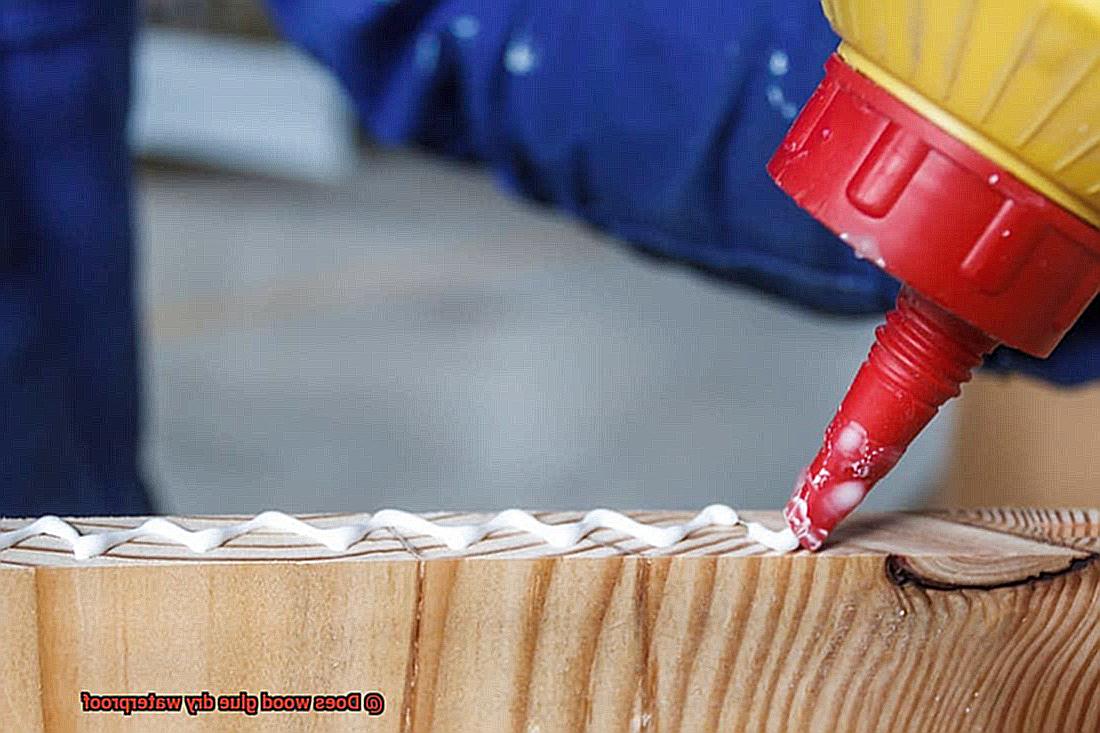
But don’t worry, there are specialized waterproof or water-resistant glues that are perfect for these types of projects. Polyurethane glue is a common option that is highly water-resistant and forms a strong bond with wood that can withstand exposure to moisture. Epoxy glue is also highly water-resistant and can be used for both indoor and outdoor applications.
When it comes to woodworking in wet environments, it’s important to choose the right glue for the job. By opting for specialized waterproof or water-resistant glues like polyurethane or epoxy glue, you can ensure that your project will stay strong and sturdy even in tough conditions.
Choosing the Right Glue for Your Project
Whether you’re a seasoned pro or new to the craft, selecting the right adhesive can be daunting. Fear not, for we have some tips to help you choose the perfect glue for your project.
One vital factor to consider when selecting glue is water resistance. If your project will be exposed to moisture or used outdoors, it’s crucial to choose a waterproof or water-resistant glue. While many types of wood glue are available on the market, not all of them are created equal when it comes to water resistance.
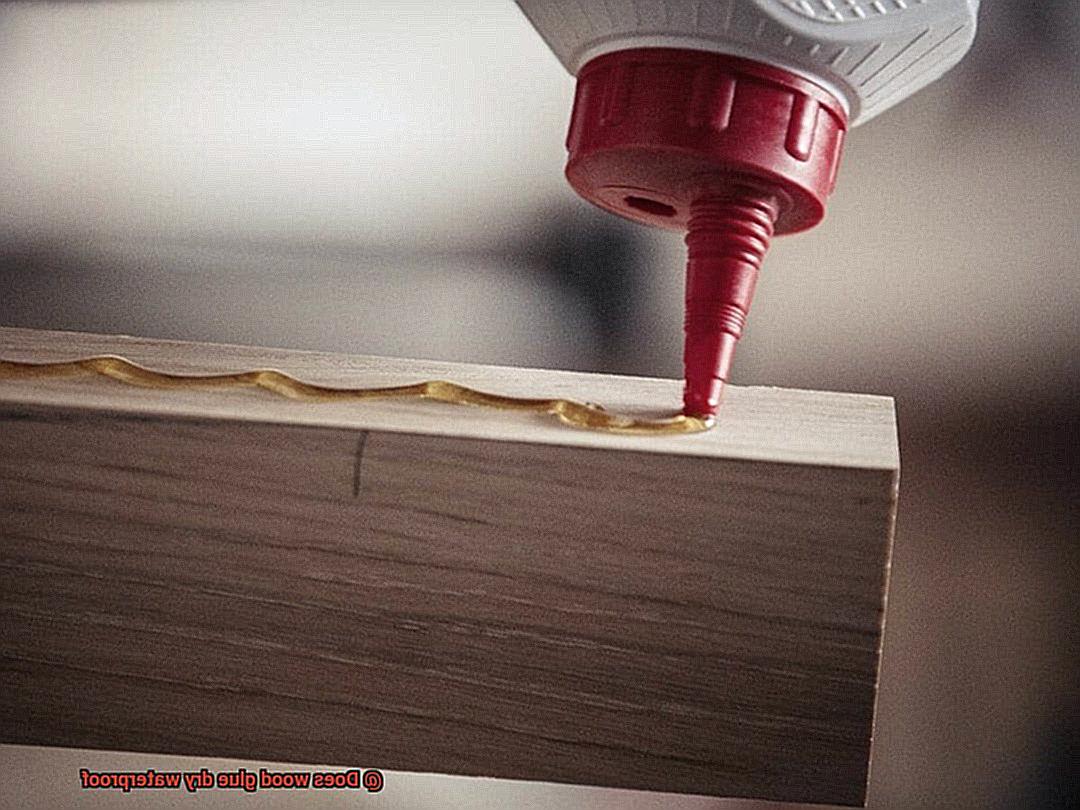
For outdoor projects or items exposed to harsh weather conditions, using a waterproof resin-based adhesive is ideal. These specially designed glues create a strong and durable bond that can withstand even the harshest elements.
To determine if a particular wood glue is waterproof or water-resistant, carefully read the label. Some labels may provide this information directly, while others may require interpretation. Don’t rush through this step; take your time and do thorough research before making any decisions.
Apart from water resistance, it’s also crucial to select a wood glue that is suitable for the type of wood you’re working with. Hardwoods like oak or maple require stronger adhesives than softwoods like pine or cedar. Choosing an appropriate adhesive for your wood type ensures optimal bonding strength and durability.
Conclusion
In conclusion, the answer to the question of whether wood glue dries waterproof is a resounding yes. However, it’s important to note that not all wood glues are created equal in terms of water resistance. While PVA glue is popular for its strong bonding capability, it’s not recommended for projects that will be exposed to moisture or wet environments.
On the other hand, polyurethane and epoxy glues are highly water-resistant and can withstand exposure to moisture without losing their strength. These types of glue are ideal for outdoor projects or anything that will be exposed to water.
When selecting a wood glue for your project, always consider the level of water resistance needed. If you’re working on an indoor project that won’t be exposed to water, PVA glue may suffice. But if you’re building something that will be subjected to moisture or outdoor elements, polyurethane or epoxy glue is your best bet.
It’s also crucial to remember that not all wood glues are suitable for every project. Always read the manufacturer’s instructions and choose the appropriate type of adhesive for your needs. By following these tips and selecting the right glue for your project, you can ensure optimal bonding strength and durability over time.

